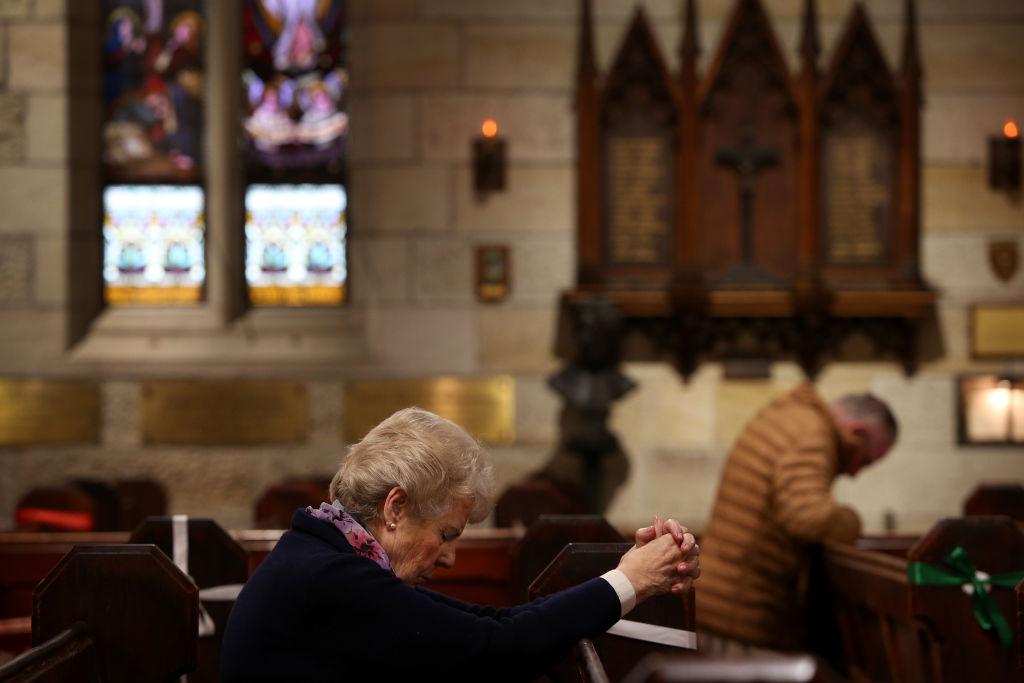The New South Wales (NSW) government’s new commitment to prohibit religious vilification has been criticized as not providing enough protection for religious people.
The NSW Labor government announced on June 28 it would amend the NSW Anti-Discrimination Act 1977 to prohibit religious vilification, which will make it illegal to by a public act (includes any form of communication to the public, verbal and non-verbal), “incite hatred towards, serious contempt for, or severe ridicule of, a person or group of persons, because of their religious belief, affiliation or activity.”




